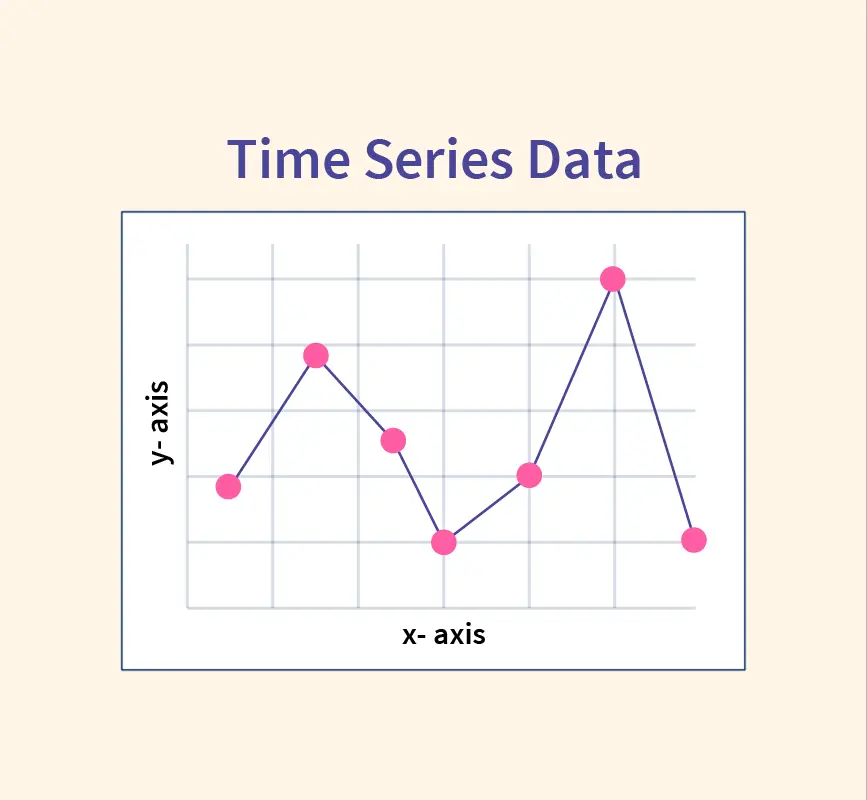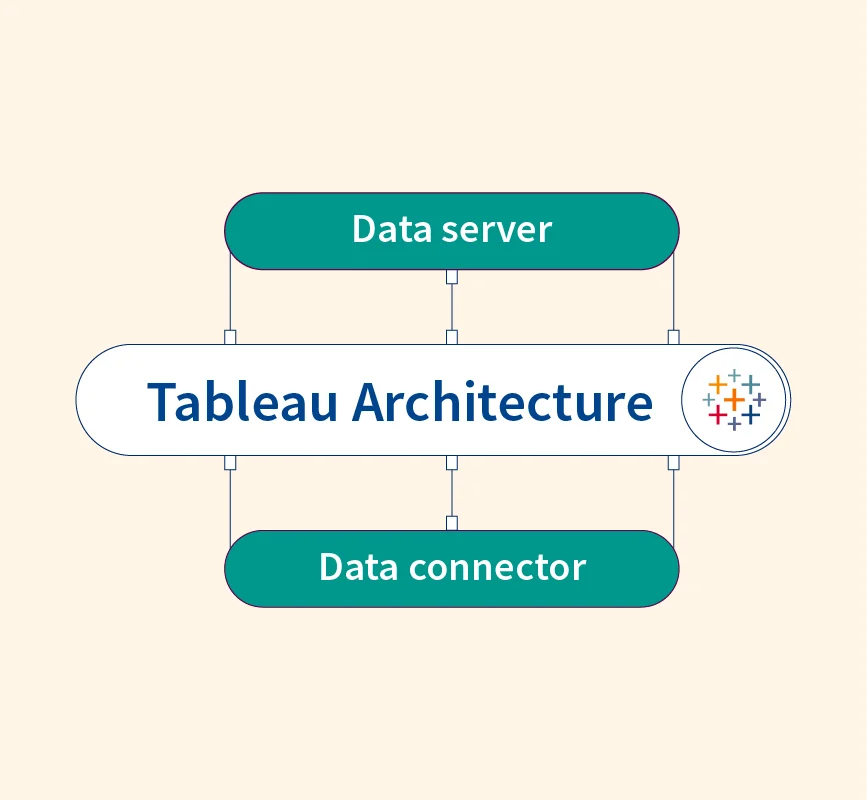As data continues to shape industries across the globe, two key roles have emerged at the forefront of the data revolution: data scientists and data engineers. While these roles are closely related, they are distinct in terms of their focus, responsibilities, and required skill sets. Understanding the differences between the two is crucial for businesses looking to leverage data effectively and for professionals deciding which career path suits their goals. With the growing demand for data professionals, knowing what sets these roles apart can help guide your career choices and optimize your organization’s data strategy.
Understanding the Roles
Source: Scaler Topics
1. Data Scientist
A data scientist is primarily focused on extracting insights from data through statistical analysis, machine learning, and data visualization. They design predictive models, analyze trends, and provide actionable recommendations based on their findings. Data scientists often work on problem-solving, helping businesses make data-driven decisions that enhance performance and profitability.
2. Data Engineer
A data engineer builds and maintains the infrastructure required for the analysis and storage of data. They create data pipelines that ensure data is collected, stored, and made available in a usable format for data scientists and other analysts. Data engineers focus on data architecture, ensuring the data’s reliability, scalability, and quality.
Fitting into the Data Ecosystem
Data scientists and data engineers work hand-in-hand in the data ecosystem. While data engineers focus on building and managing data systems, data scientists utilize this infrastructure to analyze and interpret the data. Together, they form the backbone of data-driven projects, ensuring that raw data is transformed into valuable insights.
Data Scientist vs Data Engineer: Core Responsibilities
Source: SCALER
Data Engineer Responsibilities
- Building and Maintaining Data Pipelines: Data engineers are responsible for designing and managing data pipelines that transport data from different sources into a central data repository. These pipelines ensure that data flows smoothly and efficiently, without any loss of integrity.
- Working with Big Data Technologies: Data engineers work with large-scale data storage and processing systems like Hadoop, Spark, and cloud-based solutions. These technologies allow them to manage massive amounts of data that must be processed in real-time or batch processes.
- Ensuring Data Availability, Quality, and Structure: Data engineers focus on ensuring that data is always available and in the correct format. They clean, validate, and structure the data so that it can be used effectively by data scientists. Data quality is a top priority because poor data leads to flawed insights.
Data Scientist Responsibilities
- Applying Statistical Analysis and Machine Learning: Data scientists use advanced statistical techniques and machine learning algorithms to analyze large datasets. Their goal is to uncover patterns, correlations, and trends that can guide decision-making.
- Building Predictive Models: One of the core tasks of a data scientist is building predictive models that can forecast future outcomes based on historical data. These models are used in various applications, from predicting customer behavior to identifying business risks.
- Interpreting Complex Data for Insights: Data scientists bridge the gap between data and decision-making. They are responsible for translating complex data into actionable insights that can be understood by non-technical stakeholders, helping drive business strategies and solutions.
Data Scientist vs Data Engineer: Skills, Tools, and Technologies
Data Engineer Skills and Tools
- Key Technologies: Data engineers must be proficient in tools like Hadoop, Spark, Apache Kafka, and cloud services (AWS, Google Cloud). These platforms allow them to build scalable data infrastructures. They also need expertise in database systems like SQL and NoSQL, which are essential for managing data storage.
- Focus on Data Management and Architecture: A strong understanding of data management, architecture design, and data flow is vital for data engineers. They need to know how to build data warehouses, manage ETL (Extract, Transform, Load) processes, and ensure the security and scalability of the data systems.
Data Scientist Skills and Tools
- Key Tools: Data scientists rely on programming languages like Python and R for data analysis and model building. They also use machine learning frameworks like TensorFlow, Scikit-learn, and PyTorch for building predictive models. Additionally, data visualization tools like Tableau and Matplotlib help present insights clearly.
- Emphasis on Analytics and Machine Learning: Data scientists focus heavily on analyzing data, applying machine learning models, and interpreting the results. Their skills include statistical analysis, hypothesis testing, and model evaluation, ensuring that their insights are both accurate and actionable.
Both roles require strong problem-solving abilities, but while data engineers focus more on the infrastructure and architecture, data scientists concentrate on data analysis and interpretation.
Data Scientist vs Data Engineer: Educational Background and Qualifications
Data Engineer Qualifications
Data engineers typically come from backgrounds in computer science, information technology, or software engineering. Their education focuses on database management, data structures, algorithms, and programming languages like Java, Scala, or SQL. Many data engineers also obtain certifications in cloud platforms like AWS or Google Cloud, as these are widely used in building scalable data systems.
Data Scientist Qualifications
Data scientists often have degrees in statistics, mathematics, or data science. Their education emphasizes statistical analysis, probability, and machine learning. A solid foundation in programming (Python or R) and knowledge of data visualization techniques are crucial. Many data scientists pursue specialized courses or certifications in machine learning, artificial intelligence, and data science through platforms like Coursera, edX, or university programs.
While there is overlap in programming skills between the two roles, data scientists tend to focus more on analytics and modeling, whereas data engineers are more concerned with system architecture and data flow.
Data Scientist vs Data Engineer: Salary Comparison
Both data engineers and data scientists are highly sought after, leading to competitive salaries in the tech industry. However, salaries can vary depending on factors such as location, experience, and industry.
Source: SCALER
- Data Scientist Salary: On average, data scientists earn between 9,00,000/- and 22,00,000/- per year in India, with higher salaries in industries like finance, tech, and healthcare. Senior data scientists or those with specialized machine learning expertise can earn significantly more.
- Data Engineer Salary: Data engineers have comparable earning potential, with salaries ranging from 7,00,000/- to 15,00,000/- in India. Those who work with big data technologies and cloud-based systems often command higher salaries due to the complexity and scale of their responsibilities.
Overall, both roles offer strong earning potential, and professionals in these fields can expect salary growth as they gain experience and expertise.
Note: All the salary references were taken from Glassdoor.
Data Scientist vs Data Engineer: Collaboration and Overlap
Data engineers and data scientists must collaborate closely in any data-driven project. Their roles are interdependent, as the success of data science initiatives often depends on the data infrastructure established by data engineers.
- Data Preparation and Quality: Data preparation is one area where their responsibilities overlap. While data engineers are responsible for ensuring the data is accessible and clean, data scientists may also engage in data cleaning and preparation before analysis.
- Collaboration in Model Development: In projects that involve building predictive models, data engineers provide the structured and processed data that data scientists need for training their models. Once the models are developed, data engineers often assist in deploying them into production environments.
Effective collaboration between the two roles ensures that data flows smoothly from raw collection to actionable insights, maximizing the value of data for the organization.
Data Scientist vs Data Engineer: Career Outlook and Pathways
The demand for both data scientists and data engineers is growing rapidly. As businesses increasingly adopt data-driven strategies, the need for professionals who can manage, analyze, and interpret data is more critical than ever.
- Data Engineer Career Path: Data engineers can progress into roles such as lead data engineer or data architect, where they oversee large-scale data infrastructure projects. Some may transition into cloud engineering roles, focusing on cloud-based data solutions.
- Data Scientist Career Path: Data scientists can advance to senior data scientist roles or specialize in areas like machine learning, artificial intelligence, or deep learning. Some data scientists may transition into data strategy or chief data officer roles, where they oversee a company’s overall data initiatives.
Transitioning between these two roles is possible, as both require a strong foundation in data handling and analysis. A data engineer could move into data science by gaining experience in statistical analysis and machine learning, while a data scientist could transition to data engineering by focusing on system architecture and data pipeline development.
Data Scientist vs Data Engineer: Which is Right for You?
Choosing between a career as a data scientist or data engineer depends on your interests, skills, and career goals.
- Data Scientist: If you enjoy solving complex problems through data analysis, statistical modeling, and machine learning, data science may be the right path for you. Data scientists thrive on extracting insights and building models that can inform business decisions.
- Data Engineer: If you are more interested in building systems that manage and process data, enjoy working with databases and big data technologies, and focus on ensuring data reliability and scalability, then data engineering may be the better fit.
Ultimately, your choice should be guided by your strengths—whether you prefer working on the architecture that supports data or diving deep into data analysis.
Conclusion
In conclusion, both data scientists and data engineers play vital roles in the data ecosystem. While data engineers focus on building and maintaining the infrastructure needed to store and process data, data scientists leverage that data to uncover insights and solve complex problems. These roles are complementary, and collaboration between them is essential for the success of any data-driven project. Whether you’re interested in system architecture or data analysis, both career paths offer exciting opportunities in the growing field of data science. Choosing the right path depends on your skills, interests, and long-term career goals.
References:


